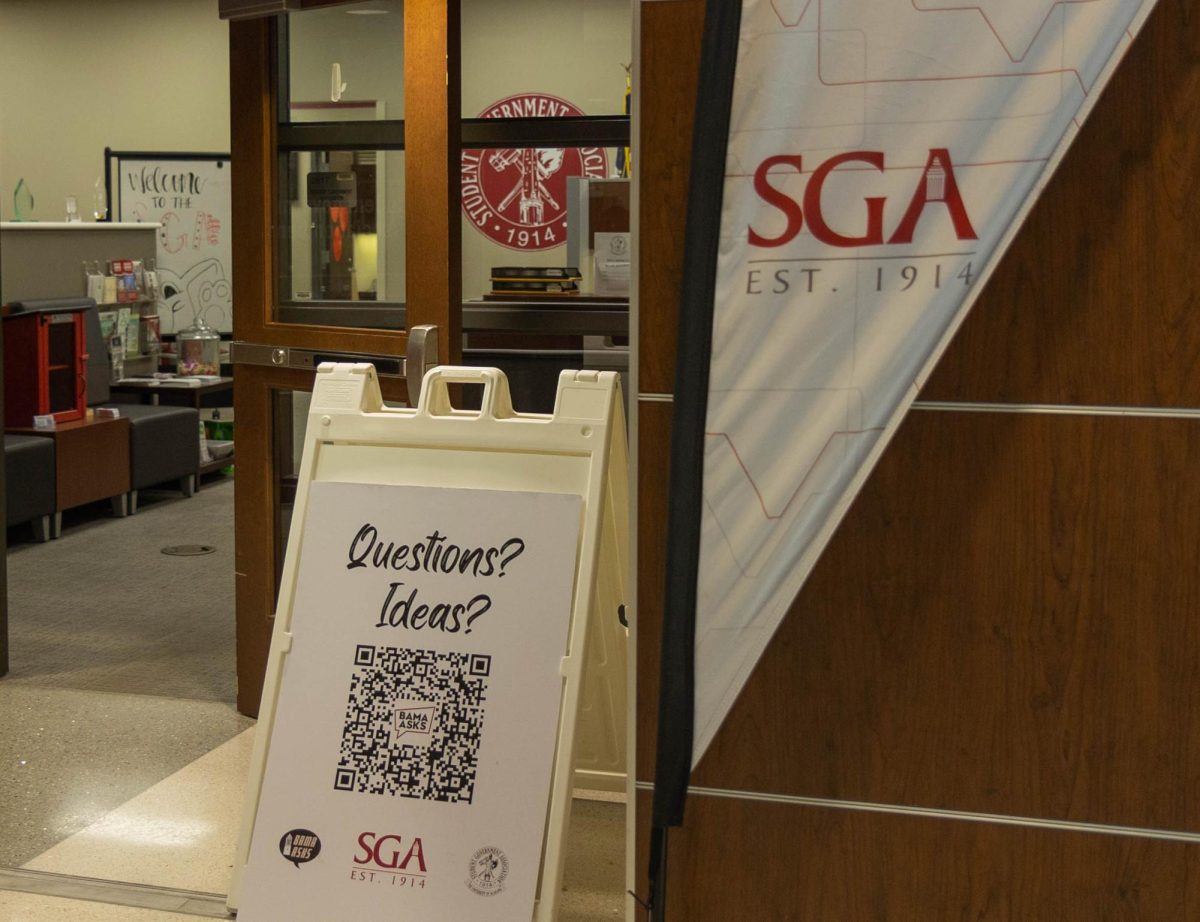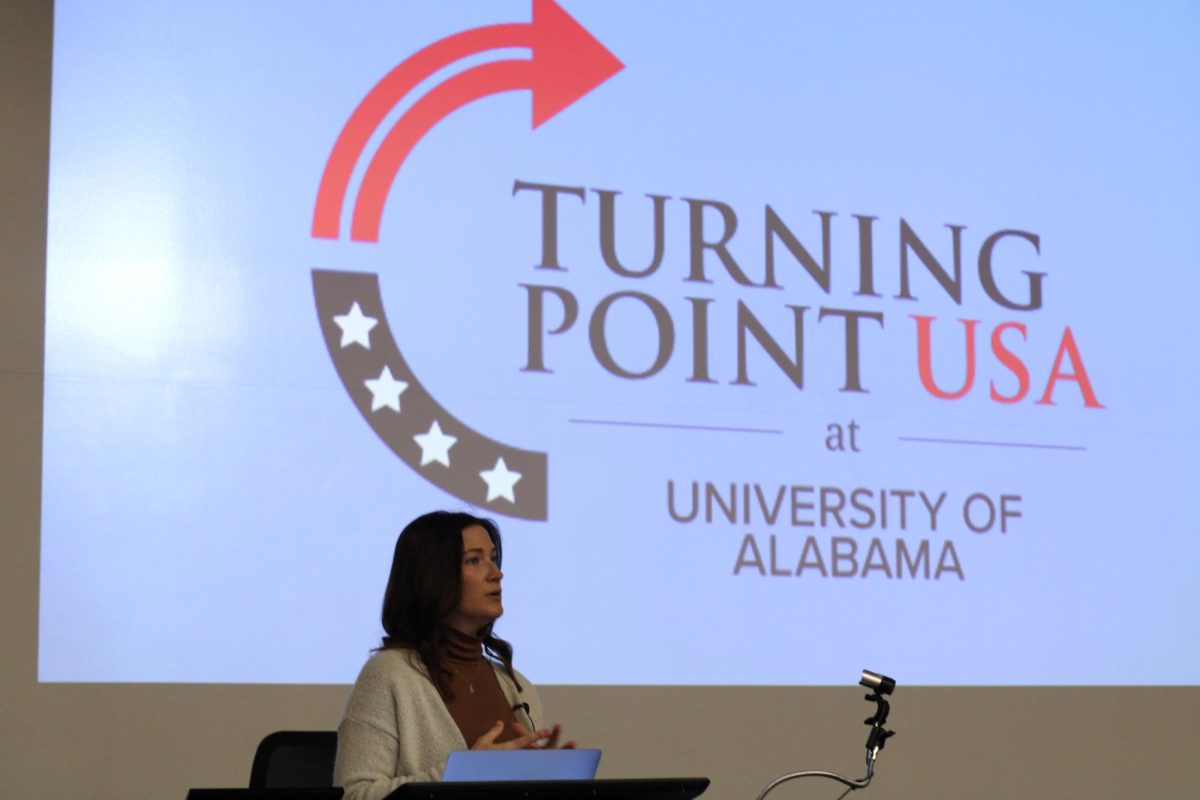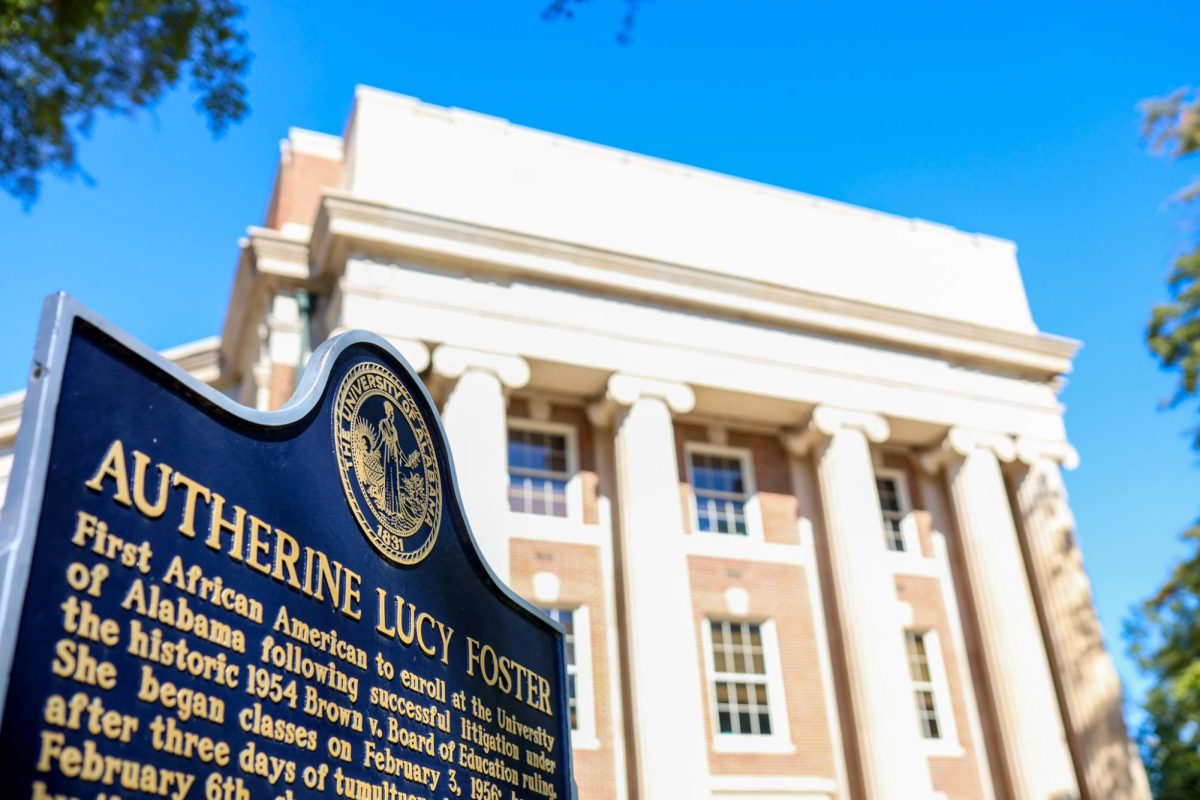The Rural Medical Scholars Program, established at UA in 1996, offers students an opportunity to learn about rural practice in the medical field. The program is open to college seniors and graduate students from rural Alabama who plan on going to medical school to practice medicine in rural areas of the state.
Each year, 10 applicants are chosen to join the program. Their admission is based on academic achievement, character, rural identity and leadership qualities. Selected students are enrolled at UA in the year before entry into the University of Alabama School of Medicine in Birmingham and take coursework each semester related to rural health or the practice of primary care in rural areas.
After two years of study in Birmingham, Rural Medical Scholars return to Tuscaloosa for the last two years of medical school. Throughout the program, scholars receive support and mentorship from rural practitioners, take part in peer support group activities and receive administrative contact and support throughout medical training.
Throughout the program, students meet and shadow rural physicians, make valuable contacts, meet state and federal elected officials and receive early acceptance into medical school.
Dr. John Wheat, professor of community and rural medicine, said the RMSP takes into account the special environments and people of rural Alabama.
“If an eligible student desires to become a family physician or primary care doctor in rural Alabama and to prepare to become a leader in developing healthy communities, there is no better program of training to be had,” Wheat said.
The RMSP program also recognizes the major differences between practicing medicine in rural areas and practicing in urban areas.
“Rural practice and rural living are all tied together in the ‘fish bowl’ of small town existence,” he said. “The relationships you have with patients are acted out in the office, at church, at school, at the post office, at the store, etc. There is a richer understanding of patients’ and their families’ lives and greater need to balance one’s medical identity with one’s other roles.
“Often the time caring for patients is longer, but the rewards, both financial and in personal fulfillment, are often greater as one embeds vocational activity within their larger identity with the community.”
Even though an MD degree is the primary goal of the program, RMSP students can also complete their baccalaureate degree, earn a master’s degree, receive a Certificate of Rural Community Health and take medical school prerequisite courses in preparation for medical school.
The application for RMSP must be submitted online by Sunday, April 1. For application instructions, visit the University of Alabama School of Medicine webpage at cchs.ua.edu and click on “educational programs.”








